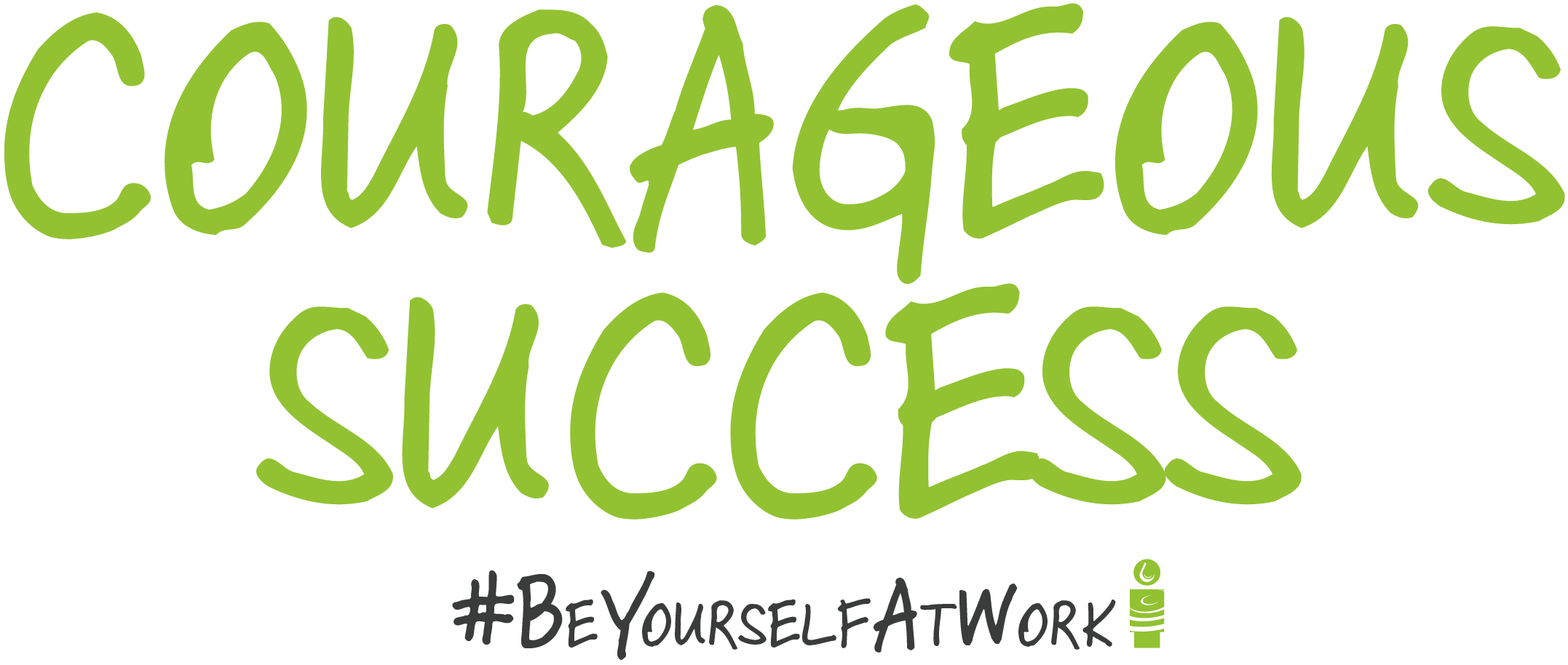37% of us agree that personal recognition would encourage us to produce better work more often.
(Research commissioned by O.C Tanner).
Is this just using neediness as an excuse to be disengaged at work?!
Ouch! Controversial. Before you crossly close this blog – most of us want recognition and are therefore needy in this way, but to be fair it is mostly unconscious…so read on!
Other themes sited in research from O.C Tanner in an article by The Great Place to Work Institute, include;
- Autonomy (12%) – leave me alone or you don’t trust me!
- Inspiration (12%) – inspire me, and then I’ll be happy!
- Pay (7%) – I don’t know anyone who doesn’t want to be paid more.
As employee engagement levels remain low worldwide (according to Gallup’s 2017 State of the Global Workplace, only 15% of employees are engaged in the workplace) the on-line HR community is awash with ideas on how to create recognition cultures to improve engagement, with conferences and training devoted to it – recognition is seen as the silver bullet to cure all.
With the best intentions, businesses can become focused on recognition as the key issue, launching new initiatives to create it. We’ve all been there; employee / team of the week / month / year, a flurry of emails highlighting good work, initiatives that stick for a while and then tail off, de-prioritised and eventually forgotten in the busyness of the day to day.
We want to encourage you to replace the sticking plaster of recognition programmes with positive belief programmes.
We are on a worldwide mission to help people at work find internal confidence strategies rather than relying on external factors, one of which is relying on recognition from others. These external strategies are based around ‘I’ll be confident when……’ . We rely on things outside of ourselves e.g. what others say to us, to make us feel confident, but as it’s out of our control, if it doesn’t happen, we can wobble, get resentful and blame our employer, rather than ourselves. Feeling that we’re not recognised enough, or given enough autonomy, become convenient excuses for our lack of action or engagement!
From our research many of us describe ourselves as worriers, lacking confidence or insecure, so it’s no wonder we look to others to tell us we are good enough. Waiting for something or someone else to come along and change our situation is a recipe for unhappiness and disengagement.
Creating positive belief in individuals means they can look internally to shift perspective on situations. Stop making it about what is happening outside of them and take responsibility.
Building confidence and self-belief from within means that it’s in our control and it increases resilience, in one recent group of leaders by 42%! It’s a strategy that lasts.
With positive self-belief and managing emotional reactions in place, means focus moves from worrying and thinking about ourselves, to thinking about others and concentrating on the greater good. Showing appreciation for others then comes naturally.
Don’t rely on outside recognition, positively recognise yourself!
Here are some tips to reflect on your recognition strategy:
- Catch yourself when you feel in need of a pat on the back. Notice how it feels and any frustrations you feel.
- Check in with yourself to see if you are comparing yourself to others.
- Are you checking and challenging to want to do this by yourself?
- Do you only have a really good day when people respond positively to you or ask for your advice?
- Do you hold back to check to see if you have support, rather than initiate action?
- How often are you having to have a conversation with yourself to build up confidence and courage? If it’s not frequently, we would suggest you are looking for externals instead.
Choose to think the best of yourself and others.
#Beyourselfatwork
